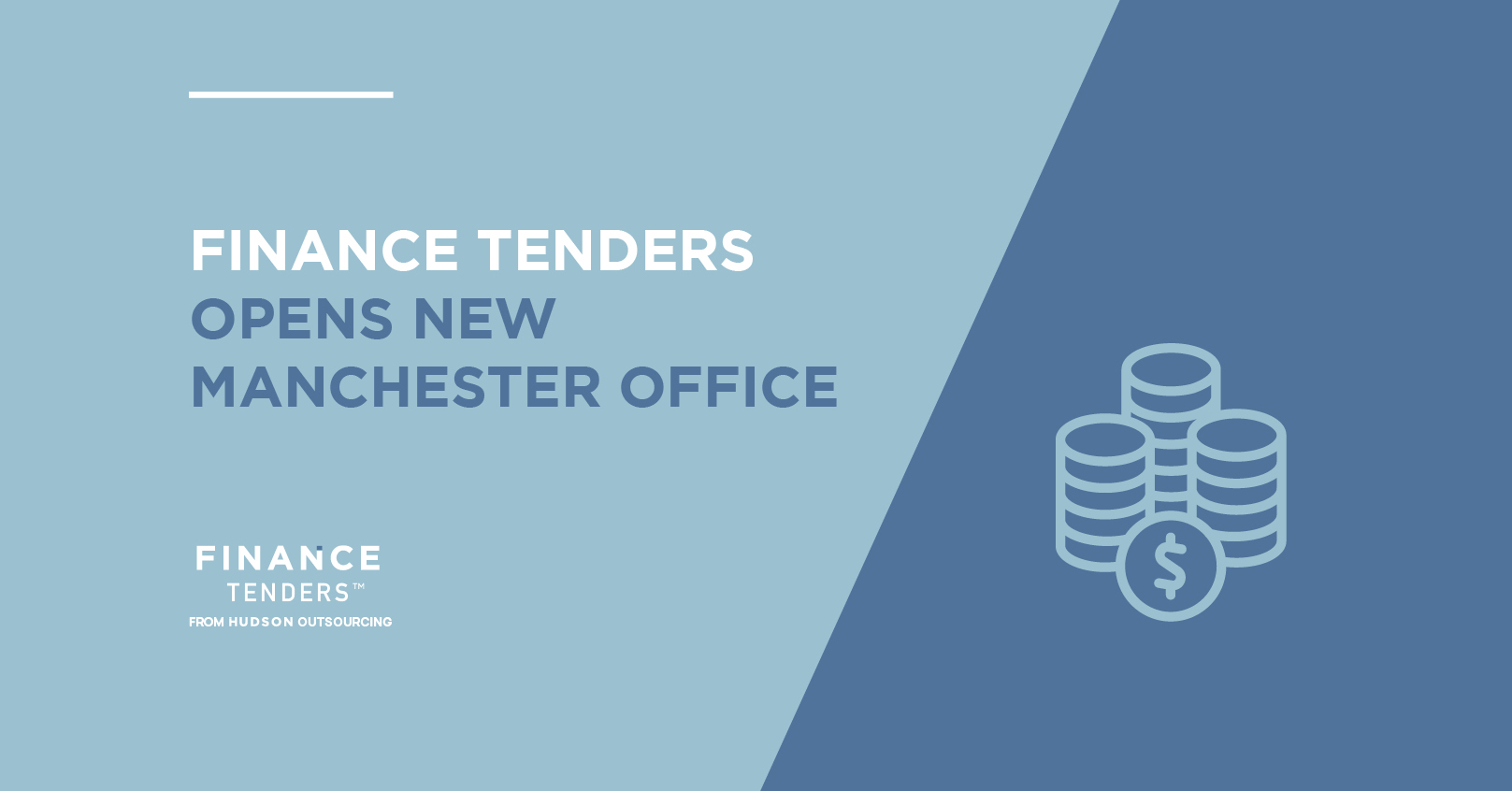Insurance contracts & tenders: the low down
Last modified: [last-modified]
Insurance contracts are often put out to tender in the public sector.
Everybody needs insurance. Everybody extends to the public sector too – as such, opportunities to provide insurance cover come up frequently and provide ample opportunities for insurers and brokers of all sizes.
Insurances tendered for vary wildly in scope, and could include, but are not limited to:
- Delay in start up
- Construction (All Risks)
- Terrorism
- Legal liability
- Property
Similarly, buyers across the public sector range from government bodies to educational establishments, such as Crown Commercial Service or even housing associations. Contract values can subsequently vary too, from 5-6 figure sums to hundreds of millions.
So how can I provide insurance to the public sector?
One of the core principles of public procurement is transparency; after all, they’re spending public money, as per the Public Contracts Regulations 2015.
So, what does this mean? Simply put, it means that more often than not, potential insurers will be invited to tender to deliver the services buyers require.
Right, so how do insurance contracts & tenders work?
Insurance tenders work just like any other tender. Hereby, your submissions need to:
- Reflect your ability to deliver the services to the highest quality
- Demonstrate your understanding of the client’s needs
- Breakdown and provide a competitive price or quote
This is split typically into price/quality. Depending on the buyer, this can be weighted differently, so some might have a 70% leaning towards quality, for example.
Ah, while we’re on the subject of budgets…
Now and again, buyers may not publish an exact budget, sometimes a range of annual values or no value at all. This is in the interest of driving competition; by stipulating a budget, they not only even the playing field but may even discourage those who may have bid significantly lower than the stipulated amount.
So, what is tendering process for the insurance contracts?
As is the case with any procurement strategy, insurance tender or not, is that different buyers have different approaches. This is typically split into the open and restricted procedure.
The former consists of a selection questionnaire and invitation to tender, both of which must be completed and submitted before the stated deadline.
The restricted procedure – typically used by larger organisations such as the Crown Commercial Service with more tenders to filter through – consists of a selection questionnaire which you must first pass, before being invited to the tender stage.
The key difference between tender invitations and selection questionnaires is in their focus. Tenders focus on how you WILL deliver the service, through a series of quality questions and a pricing evaluation.
Contrastingly, selection questionnaires focus on how you have PREVIOUSLY delivered services for buyers, and how that experience is relevant to the contract you wish to bid for.
For specific help regarding selection questionnaires and invitations to tender, click here.
Your processes
The core focus of a tender exercise will be determining your ability to process, handle claims and deliver the service effectively, operating within agreed timescales.
As such, during the ITT stage you are more than likely to come across some sort of question that evaluates your processes.
This could very much be a step-by-step guide as to how, say, you will mobilise the service and implement insurance cover. When responding to such a question, remember the following key pointers:
- Who will be responsible for the process
- What the process will be
- Why this process works
- How we will monitor the timescales for doing so
- How we will feed this back to the client
Customer service
The claims process is a customer-facing job, and as such, you may be required to demonstrate your ability to deliver customer service.
This could include your customer support function for handling and accepting claims, or how you will support the buyer in an event of a claim.
As with all questions, the key here is to explain in detail where you can – don’t leave sweeping statements for the buyer to fill in the gaps with assumptions. When making points about customer service, consider:
- Who is responsible for the process?
- By what means to we keep the client up to date?
- How often do we touch base with the client?
- How can we evidence the success of this approach?
Data security
Owing to the potentially sensitive nature of insurance handling, data protection could likely be an integral part of the questions faced.
It’s not uncommon to see certain mandatory accreditations stipulated in the PQQ stage, such as Cyber Essentials or even Cyber Essentials Plus, meaning if you don’t have these – or can’t have them in place – you can’t bid for the contract!
GDPR 2018 and the recently revised Data Protection Act 2018 are the core principles to adhere to when considering any data protection response. Responses may be requested covering one of, or all of the likes of:
- How you obtain data, including the likes of permission and consent
- How data is stored securely, through techniques such as pseudonymisation
Don’t worry if you don’t understand the jargon around data protection. More often than not, your IT consultants can help – indeed, many of these things you may do without even knowing about it.
Not everyone understands insurance…
A key focus is to consider that the technicalities of insurance contracts are complicated, with plenty of individuals in the public sector being unaware of regulations, processes and their rights.
This is something that, ideally, you should reflect in the likes of customer service responses. Consider issues such as communication with those who aren’t terribly up to date with the latest legislation, or even the processes following an insurance claim. Just think:
- How do we keep them up to date?
- What about jargon?
- Is there anything innovative we can do?
Every company is different, and as such will have different ways of dealing with this. Make sure that you:
- Differentiate why your approach is better than your competition
- Back up what you say – don’t make sweeping statements and rely on the evaluator’s assumptions
Identify themes
Buyers can often leave clues as to key ‘bid themes’ as we call them, throughout a tender response. A good way of identifying the ‘theme’ of a bid is to look into the questions:
- Is a particular topic covered a lot, such as complaints?
- Look into the weighting for particular sections – which sections are weighted most heavily?
Why do this? Well – it’s always worth considering whether you address such themes, as this can instil confidence in the buyer – even subconsciously. Impression marking, despite the transparency expected in public procurement, can make all the difference to your submission. Evaluators, after all, are human beings.
Ready to go? Just remember the basics
So, you’re ready to go? Well, it’s easy to jump in and get carried away, however take note of the following points so you don’t end up responding to a bid you can’t win – time is precious, so pick your bids carefully:
- Can we feasibly deliver the required level of coverage?
- Do we have the resources and expertise to do so?
- Do we meet all minimum entry criteria (e.g. turnover, memberships)
Moreover, you want to make sure you’re answering the question at hand. Make sure you break down each element of the question and address it; if there are bits of the specification to hand, make sure they are woven in and reflected throughout.
If you need a helping hand
Hudson Succeed, our bid writing division, has worked with and is trusted by over 700 businesses across the globe, boasting a success rate of 87%. As such, should you require extra support, you can rest assured your bid is in safe hands.
People’s experience with tenders varies, and we offer a range of services from minor support packages through our Tender Mentor guide and review, to handling the entire process in-house through our Tender Manager service.
Our team of bid writers can be on-hand to assist you to help present your business in the best possible light and clearly demonstrate the requirements of the buyer.
Finance Tenders offers daily notifications of the most up-to-date business/tender opportunities across the UK. This is filtered and broken down into the following sub-sectors:
- Insurance Tenders
- Financial Tenders
- Accountancy Tenders
- TAX Consultancy
- VAT Support
- Audit Tenders
- Payroll Tenders
Below are some insurance tenders we have sourced on our Finance Tenders portal:
University of Hull Insurance Broker Services
University of Hull- Yorkshire & Humber- Budget: £60,000
Connexus Insurance Tender
Connexus Housing Ltd- West Midlands- Budget: £98,000,000
Provision of Employer Liability Insurance and Support Service
Sandwell Metropolitan Borough Council- North West- Budget: £156,000
Insurance Brokerage and Risk Advisory Services
Highlands and Islands Enterprise- Scotland- Budget: Undisclosed
Medical Insurance Service for British Embassy Manila
Foreign Commonwealth and Development Office- London- Budget: £444,000
If there’s anything that we do to help you win more insurance contracts with, don’t hesitate to contact us.












